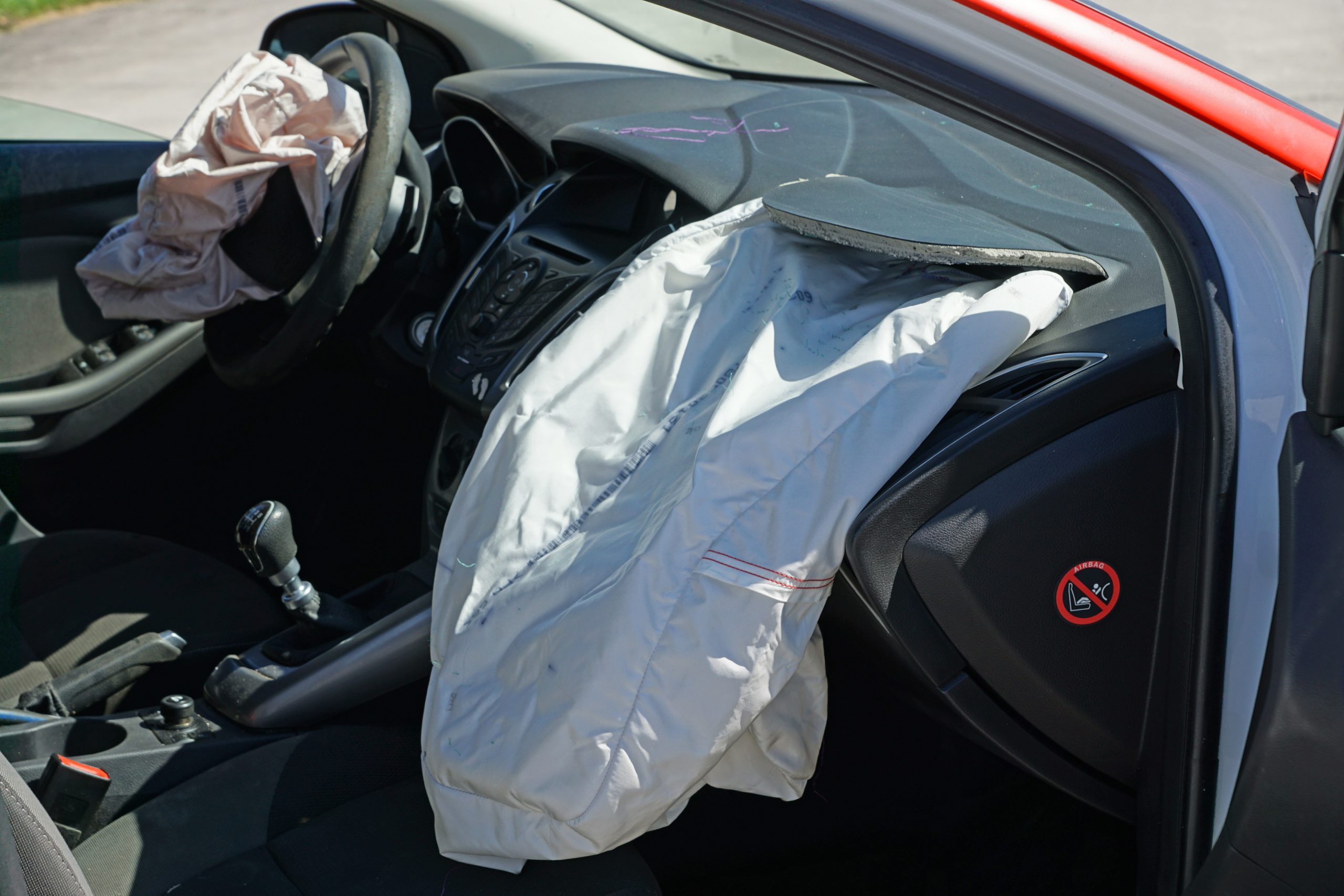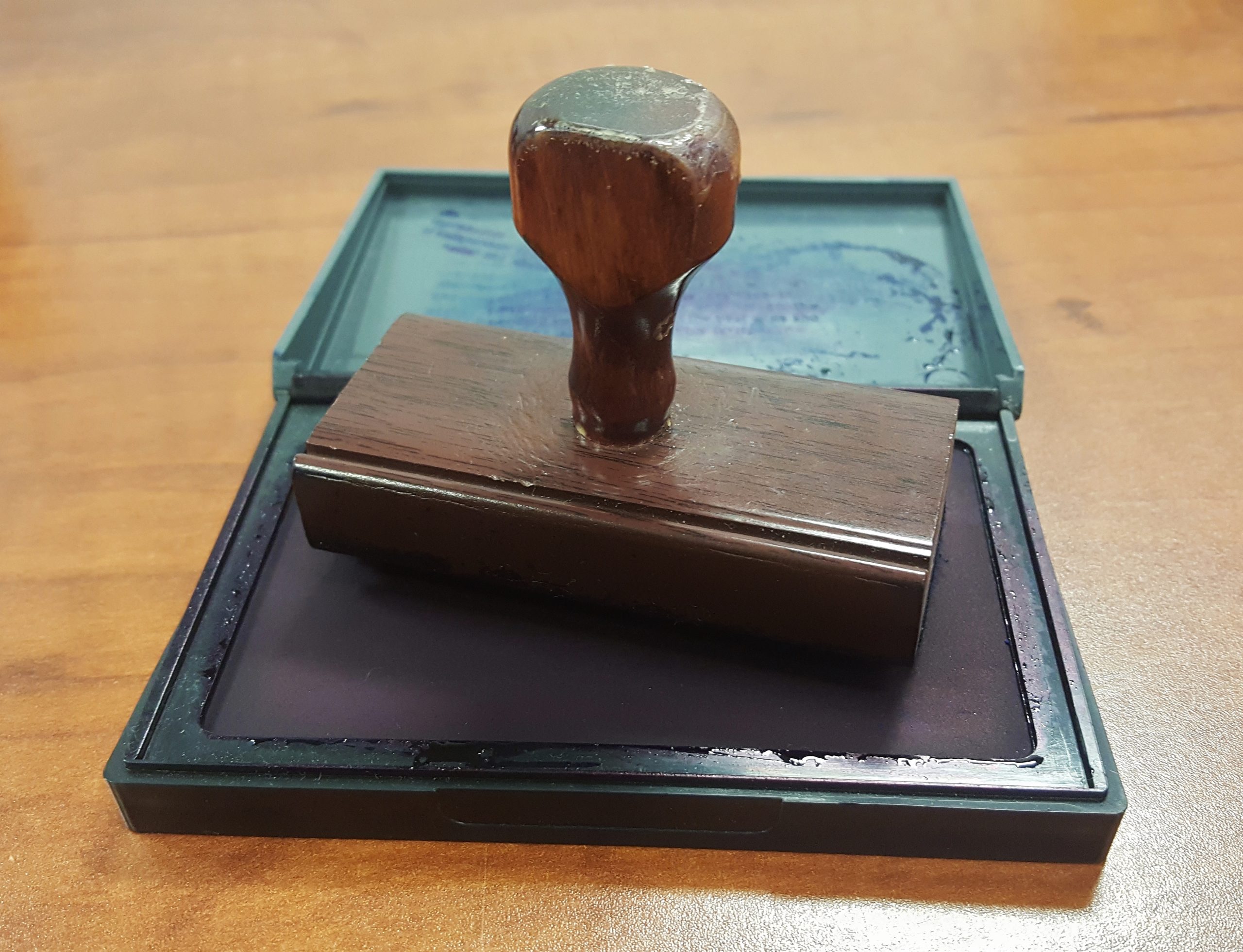 A chemical plant explosion, sudden and dangerous, causes chaos when the workers try to escape. During that exodus, a worker is trampled by his colleagues as they attempt to flee. Who then bears responsibility for the injuries caused by this trampling? Is it the other workers? Is it their managing company? Is it the owner of the chemical plant?
A chemical plant explosion, sudden and dangerous, causes chaos when the workers try to escape. During that exodus, a worker is trampled by his colleagues as they attempt to flee. Who then bears responsibility for the injuries caused by this trampling? Is it the other workers? Is it their managing company? Is it the owner of the chemical plant?
Just outside Geismar, Louisiana, multiple injuries resulted from a chemical explosion at the William Olefins plant. As a result, the numerous injured parties filed lawsuits against several defendants for those injuries. The defending parties included the Chicago Bridge and Iron Company collective (“CB&I”). One of the plaintiffs was Ken Haydel, whom CB&I had hired to work in the Olefins plant. Haydel alleged that he was pushed down and trampled by other CB&I workers following the explosion and that CB&I is responsible for the “intentional acts” committed by their employees within the scope of their employment.
A hearing occurred at the trial court on CB&I’s motion for summary judgment. CB&I sought to evade specific legal claims Haydel made before trial. The trial court granted CB&I’s motion for summary judgment, and Haydel appealed the trial court decision.
 Insurance Dispute Lawyer Blog
Insurance Dispute Lawyer Blog



 Expert testimony is one tool litigants can use to prove their arguments in a court of law. Expert witnesses are highly credible individuals with advanced knowledge in a particular field in a lawsuit. The testimony of experts is meant to assist the court in understanding the evidence in matters of fact. But not just anyone claiming to be an expert can testify on behalf of a litigant. As homeowners Blake and Courtney Freeman learned in a painful way, the testimony of six expert witnesses they offered was denied admissibility because it failed to meet Louisiana’s standards for expert testimony evidence.
Expert testimony is one tool litigants can use to prove their arguments in a court of law. Expert witnesses are highly credible individuals with advanced knowledge in a particular field in a lawsuit. The testimony of experts is meant to assist the court in understanding the evidence in matters of fact. But not just anyone claiming to be an expert can testify on behalf of a litigant. As homeowners Blake and Courtney Freeman learned in a painful way, the testimony of six expert witnesses they offered was denied admissibility because it failed to meet Louisiana’s standards for expert testimony evidence. Car accidents are traumatic experiences that occur every day across Louisiana. An accident can cause initial damage upon impact, but many accident victims also spend months and sometimes years coping with accident-related injuries.
Car accidents are traumatic experiences that occur every day across Louisiana. An accident can cause initial damage upon impact, but many accident victims also spend months and sometimes years coping with accident-related injuries. Aleashia Clarkston’s employment with the Iberia Parish School Board was terminated in April 2013 after she was accused of abusing the school’s Leave of Absence policy. She had been on medical leave since September 2012. Clarkston objected to what she believed was a wrongful termination. In addition, she claimed she was denied due process rights as a tenured employee.
Aleashia Clarkston’s employment with the Iberia Parish School Board was terminated in April 2013 after she was accused of abusing the school’s Leave of Absence policy. She had been on medical leave since September 2012. Clarkston objected to what she believed was a wrongful termination. In addition, she claimed she was denied due process rights as a tenured employee.  It’s a common scenario: a potential buyer visits a car lot, finds a vehicle he’d like to test drive, and heads out onto the road with the salesperson in the passenger seat. What happens, though, if an accident occurs during the test drive? Suppose the potential buyer loses control of the vehicle while driving — who is responsible for injuries and property damage that result?
It’s a common scenario: a potential buyer visits a car lot, finds a vehicle he’d like to test drive, and heads out onto the road with the salesperson in the passenger seat. What happens, though, if an accident occurs during the test drive? Suppose the potential buyer loses control of the vehicle while driving — who is responsible for injuries and property damage that result? Lawsuits resulting from car accidents can raise many difficult questions. Determining the precise events that led to an accident can be complicated and require courts to make close calls about witnesses’ credibility. Furthermore, parties may question whether they are entitled to certain damages if they prevail in their lawsuit. These questions arose in a lawsuit involving a car accident in Monroe, Louisiana.
Lawsuits resulting from car accidents can raise many difficult questions. Determining the precise events that led to an accident can be complicated and require courts to make close calls about witnesses’ credibility. Furthermore, parties may question whether they are entitled to certain damages if they prevail in their lawsuit. These questions arose in a lawsuit involving a car accident in Monroe, Louisiana.  Car accidents are unfortunate but commonplace occurrences in modern life. The resulting lawsuits can involve complicated arguments over the allocation of fault between the drivers involved and the appropriate amount of damages awarded by the Court. Such questions arose in a lawsuit involving a car accident in Ouachita Parish, Louisiana.
Car accidents are unfortunate but commonplace occurrences in modern life. The resulting lawsuits can involve complicated arguments over the allocation of fault between the drivers involved and the appropriate amount of damages awarded by the Court. Such questions arose in a lawsuit involving a car accident in Ouachita Parish, Louisiana.  Getting fired from a job can be devastating for anyone, and getting fired from a job unjustly is even worse. You may believe that if you are wrongfully terminated, you are entitled to all the costs, including attorney’s fees, that you incur in any legal action you take against your employer. However, the law is not always based on our notions of what is fair, as one resident of Plaquemines Parish learned in her efforts to get her job back.
Getting fired from a job can be devastating for anyone, and getting fired from a job unjustly is even worse. You may believe that if you are wrongfully terminated, you are entitled to all the costs, including attorney’s fees, that you incur in any legal action you take against your employer. However, the law is not always based on our notions of what is fair, as one resident of Plaquemines Parish learned in her efforts to get her job back.  Losing a loved one is an obviously devastating experience. Possessions left to the surviving family members cannot take the grief away but can prohibit an entire upheaval for the survivors. It is critical that an excellent attorney drafts the will and handles the probate process for the sake of those survivors.
Losing a loved one is an obviously devastating experience. Possessions left to the surviving family members cannot take the grief away but can prohibit an entire upheaval for the survivors. It is critical that an excellent attorney drafts the will and handles the probate process for the sake of those survivors.